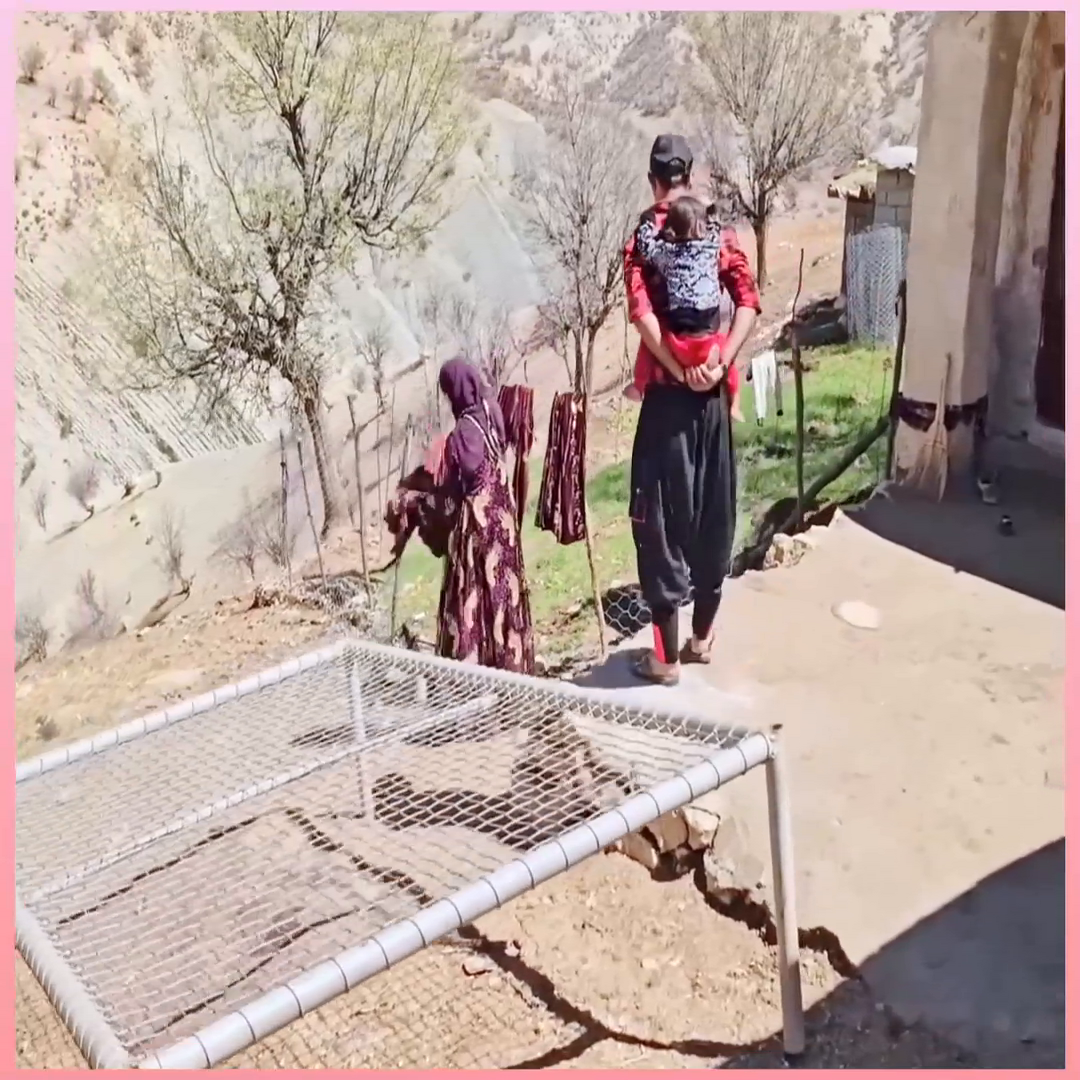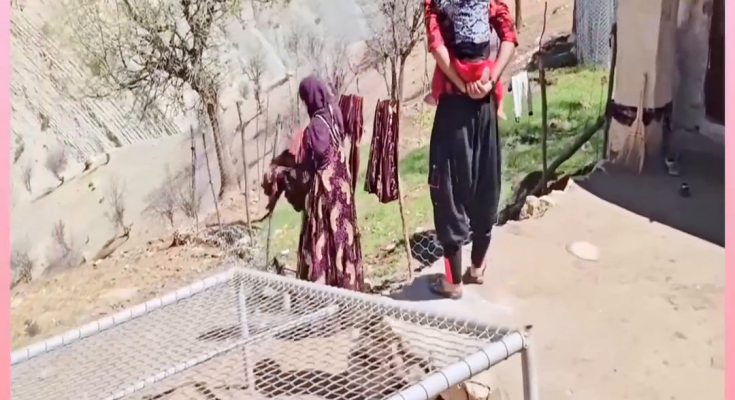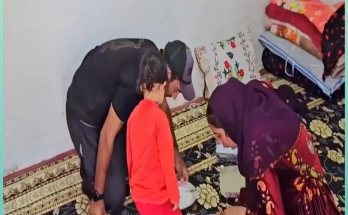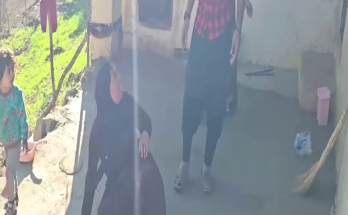
What began as resentment in Sarnai’s heart soon erupts into a storm of violence. Isolated after Afsana’s injury and humiliated by the village’s judgment, Sarnai grows bitter and paranoid. Her anger toward the executor, Batbayar, who upheld the traditional punishment against her, turns dark. She believes he and Naraa have conspired to exile her from the household, from the community, and from dignity.
One evening, during a community gathering near the livestock pens, Sarnai explodes. Armed with a heavy wooden pestle used for churning milk, she strikes Batbayar across the back as he tends the fire. The elder falls hard, his ribs fractured. Gasps echo through the crowd, but before anyone can stop her, she charges toward Naraa — striking her once, then twice, before the younger villagers intervene.
Naraa lies bruised, her lip bleeding, but still conscious. She doesn’t cry — only looks at Sarnai with quiet, piercing eyes that reflect sorrow, not fear. That gaze breaks something in Sarnai, who suddenly drops the pestle and falls to her knees, trembling.
The village is shaken. Violence among women — especially against elders — is rare and taboo. Sarnai is confined and stripped of all communal rights. Her yurt is dismantled, and she is ordered to leave the land before sunset.
The Turning Point: Batbayar recovers slowly. Naraa, once again, becomes a symbol of resilience. The village women begin gathering weekly, not to gossip — but to heal. What was broken by fury, they begin to mend with unity.
watch Full Video Here


